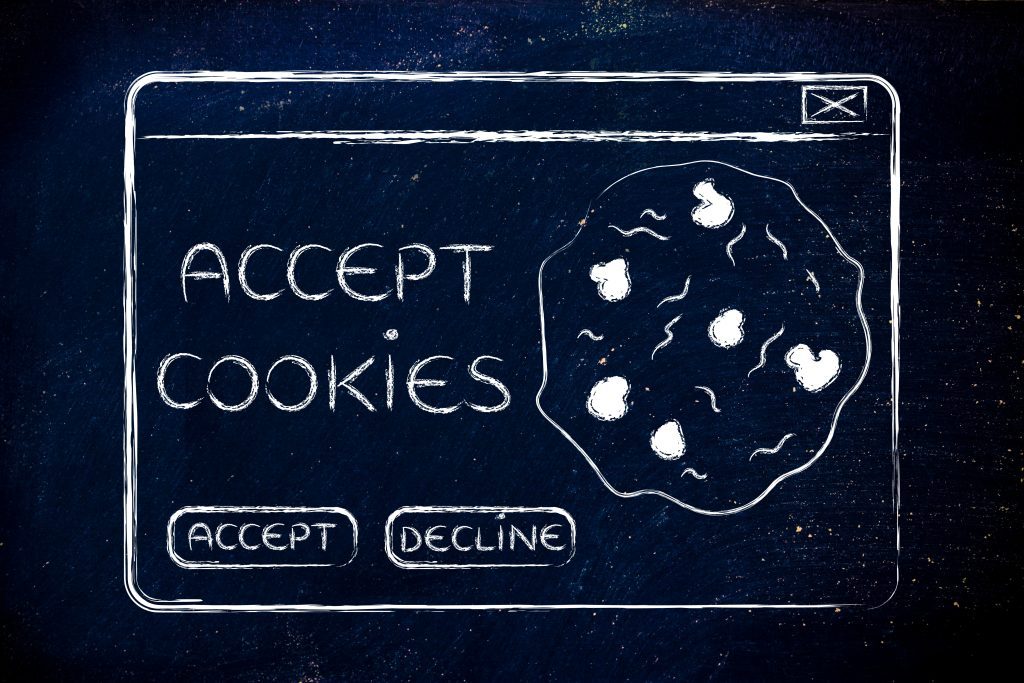You read that right. We are moving toward a cookie-less internet.
Have you noticed anything different about the ads that pop up while surfing the web? If so, there’s a good reason for that. Digital marketing as we know it is undergoing a significant transformation, and it’s all about bidding farewell to those small bits of data known as cookies.
What exactly are cookies, and why are they on their way out?
Cookies are small files stored on your browser by websites to track your online activities. They’ve been the cornerstone of online advertising, enabling companies to target ads based on your browsing history. However, with growing concerns about online privacy and data security, both regulators and tech companies are rethinking their usage.
The process of phasing out cookies started a while ago, with major browsers such as Google Chrome and Mozilla Firefox discontinuing support for third-party cookies. These are the cookies that track what you’re doing across different websites, collecting data about your interests and behaviors. While cookies have certainly been helpful for targeted advertising, the use of cookies has also felt like an invasion of privacy for online users.
So, what does this mean for you, the average internet user?
Well, in the short term, you might notice a shift in the types of ads you encounter online. Without third-party cookies to monitor your every move, advertisers won’t be able to target you as precisely based on your browsing history. Some might view this as a positive step towards enhanced privacy – fewer personalized ads following you around. However, others may miss the tailored experience they’ve grown accustomed to.
This shift isn’t all bad news. In fact, it presents an opportunity for marketers to rethink their strategies and embrace alternative approaches that respect user privacy.
One such approach is first-party data collection. This involves companies directly gathering information from their customers through interactions with their website or app. By establishing a direct relationship with users and obtaining their consent, companies can acquire valuable data while maintaining transparency and trust.
Additionally, contextual advertising is gaining momentum. Rather than targeting ads based on individual user behavior, this method serves ads based on the content of the webpage being viewed. For example, if you’re reading an article about fitness, you might see ads for workout gear – no invasive tracking required.
Moving forward, transparency and consent will be paramount in the online world. Companies will prioritize being transparent with users about how their data is being used and providing users with full control over privacy settings. This could include clear privacy policies, user-friendly preference centers, or simple opt-out options.
So, there you have it – a glimpse into the cookie-less future of online marketing. While it certainly will lead to changes, it’s also an opportunity to create a more privacy-conscious and user-friendly online experience for all.
If you’re unsure how to navigate digital marketing for your business or how to move forward in this new era of cookie-less marketing, get in touch with us!

